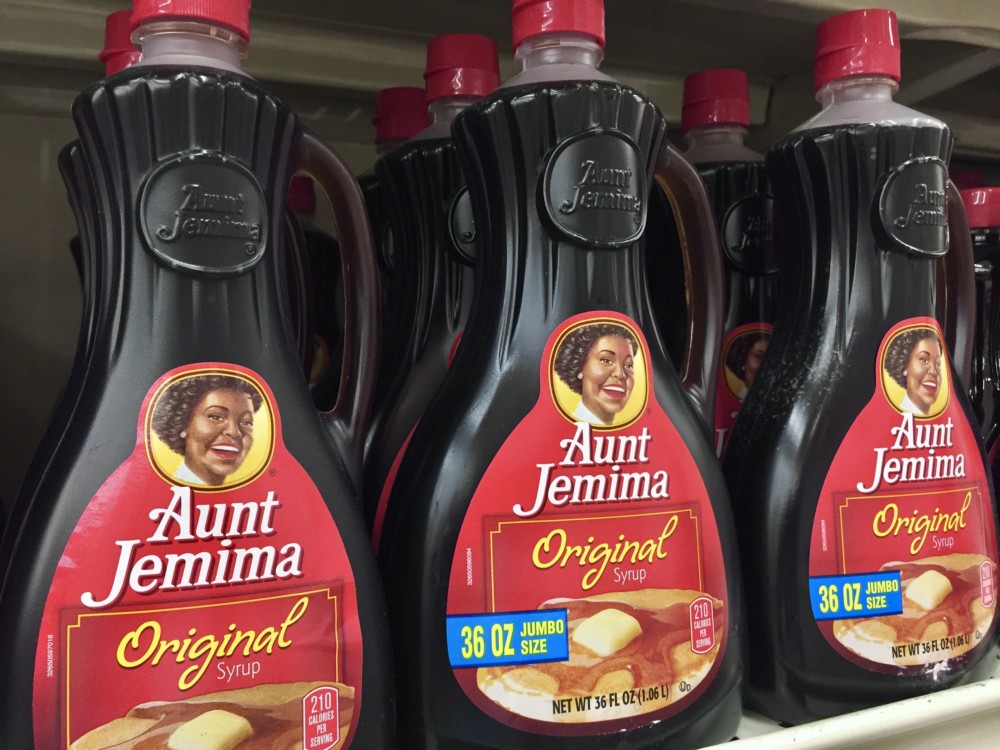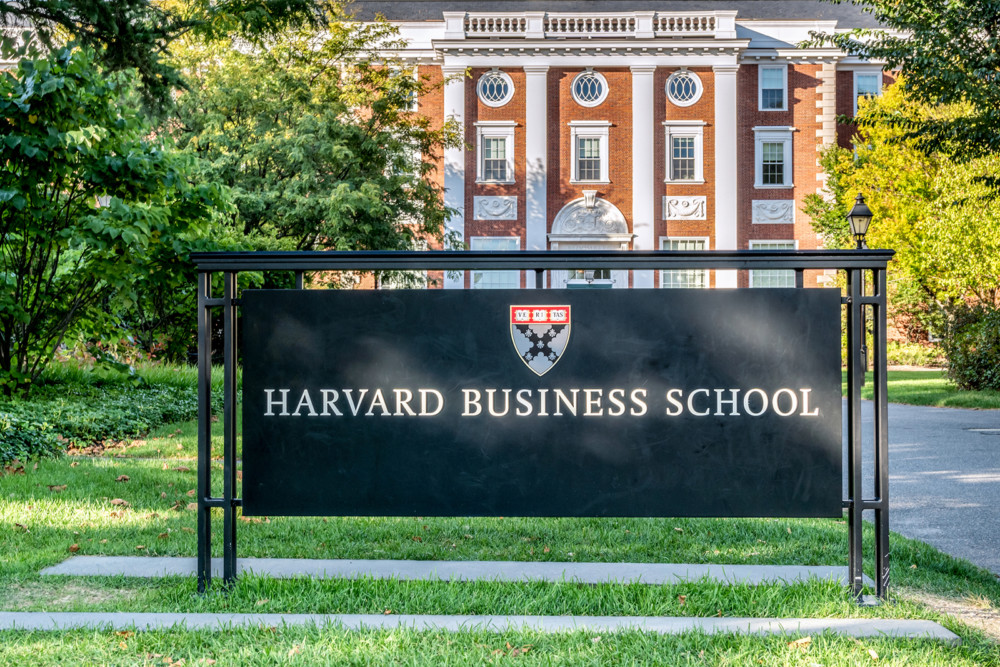By John Steppe
The Gazette, Cedar Rapids, Iowa
WWR Article Summary (tl;dr) The brand will also donate at least $5 million over the next few years “to create meaningful, ongoing support and engagement in the black community.”
Cedar Rapids
The famous Aunt Jemima syrup made in Quaker Oats’s Cedar Rapids factory that’s sold in grocery stores across the country soon will have a new name and logo.
PepsiCo, parent company of Quaker Oats, said in a news release Wednesday it is making the change to “make progress toward racial equality.”
The Aunt Jemima brand, in existence for more than 130 years, has faced scrutiny for portraying black women in a role of serving white people in previous advertising. The original Aunt Jemima model in the ads was born a slave.
Criticism of the Aunt Jemima brand has intensified following the death of George Floyd. The 46-year-old black man in Minneapolis died while in police custody.
“We recognize Aunt Jemima’s origins are based on a racial stereotype,” said Kristin Kroepfl, chief marketing officer for Quaker Oats Co. “While work has been done over the years to update the brand in a manner intended to be appropriate and respectful, we realize those changes are not enough.”
The brand also is donating at least $5 million between now and 2025 “to create meaningful, ongoing support and engagement in the black community.”
The change will hit grocery aisles in the fourth quarter.
The Aunt Jemima image has been updated over the years to move it away from the original slave figure. A 1968 makeover replaced a kerchief on her heard with a headband. In 1989, she got a gray-streaked hairstyle without a headband, plus pearl earrings and a white lace collar. At the time of the 1989 update, a company executive told the Tribune the name would not be changed because “that kind of familiarity and recognition is an invaluable asset.”
Companies have put out statements condemning racism, taken out ads, and promised changes inside their companies and support for black communities.
In Chicago and elsewhere, many companies for the first time are making Friday a paid day off in observance of Juneteenth. It was on June 19, 1865, the day Union Maj. Gen. Gordon Granger arrived in Galveston, Texas, to announce the end of the Civil War and slavery.
Earlier this year, Land O’Lakes announced changes to its packaging for butter and cheese products to remove the image of a Native American woman. That new packaging is expected to be fully rolled out by the end of this year.
Another long-standing packaging image that endures, but has been updated, is Uncle Ben, an elderly black man whose image has been the front of boxes of rice and side dishes for more than 70 years. In 2007, parent company Mars gave Uncle Ben, who first appeared in 1946, a mini-makeover. A company executive told the New York Times no significant changes were made because consumers said there was “a timeless element to him.”
The owner of the Uncle Ben’s brand of rice said the brand will “evolve” in response to concerns about racial stereotyping. Caroline Sherman, a spokeswoman for Mars, said the company is listening to the voices of consumers, especially in the black community, and recognizes that now is the right time to evolve the brand, including its visual identity.
Tribune News Service and the Associated Press contributed to this story.
___
Distributed by Tribune Content Agency, LLC.
















































































































































































































































































































































































